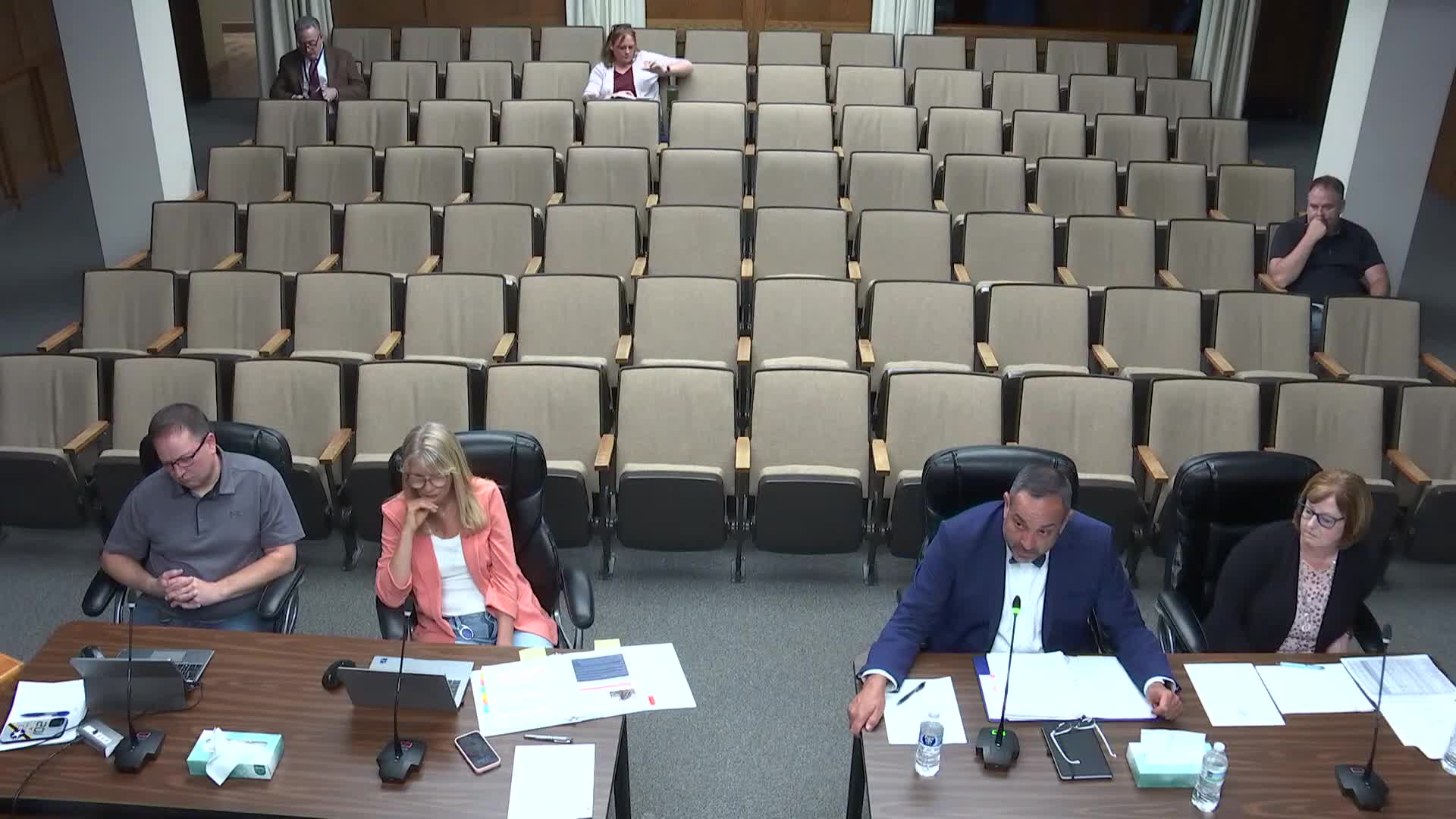Article not found
This article is no longer available. But don't worry—we've gathered other articles that discuss the same topic.
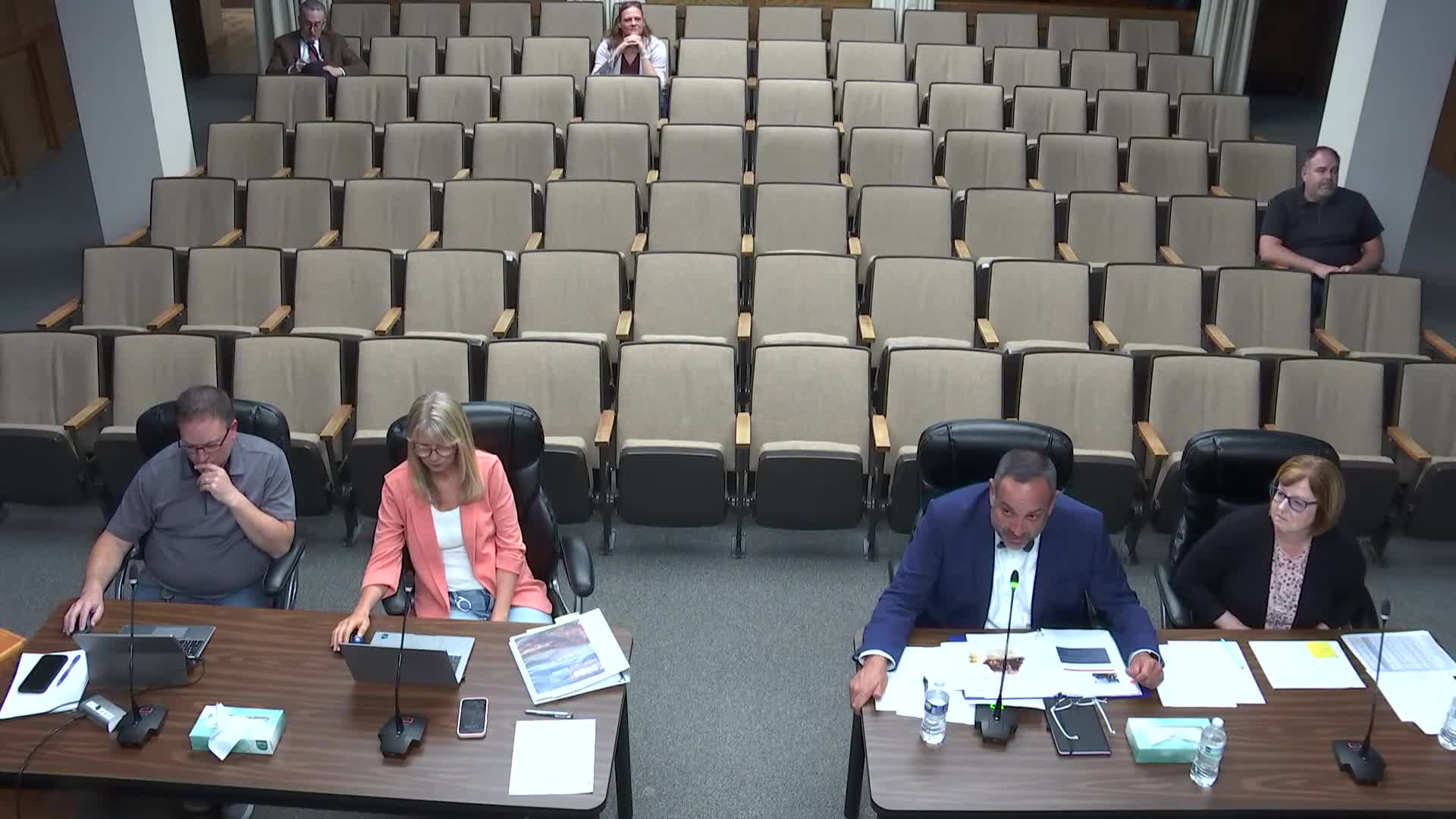
Cheyenne animal control reports thousands of cases; city‑county partnership continues
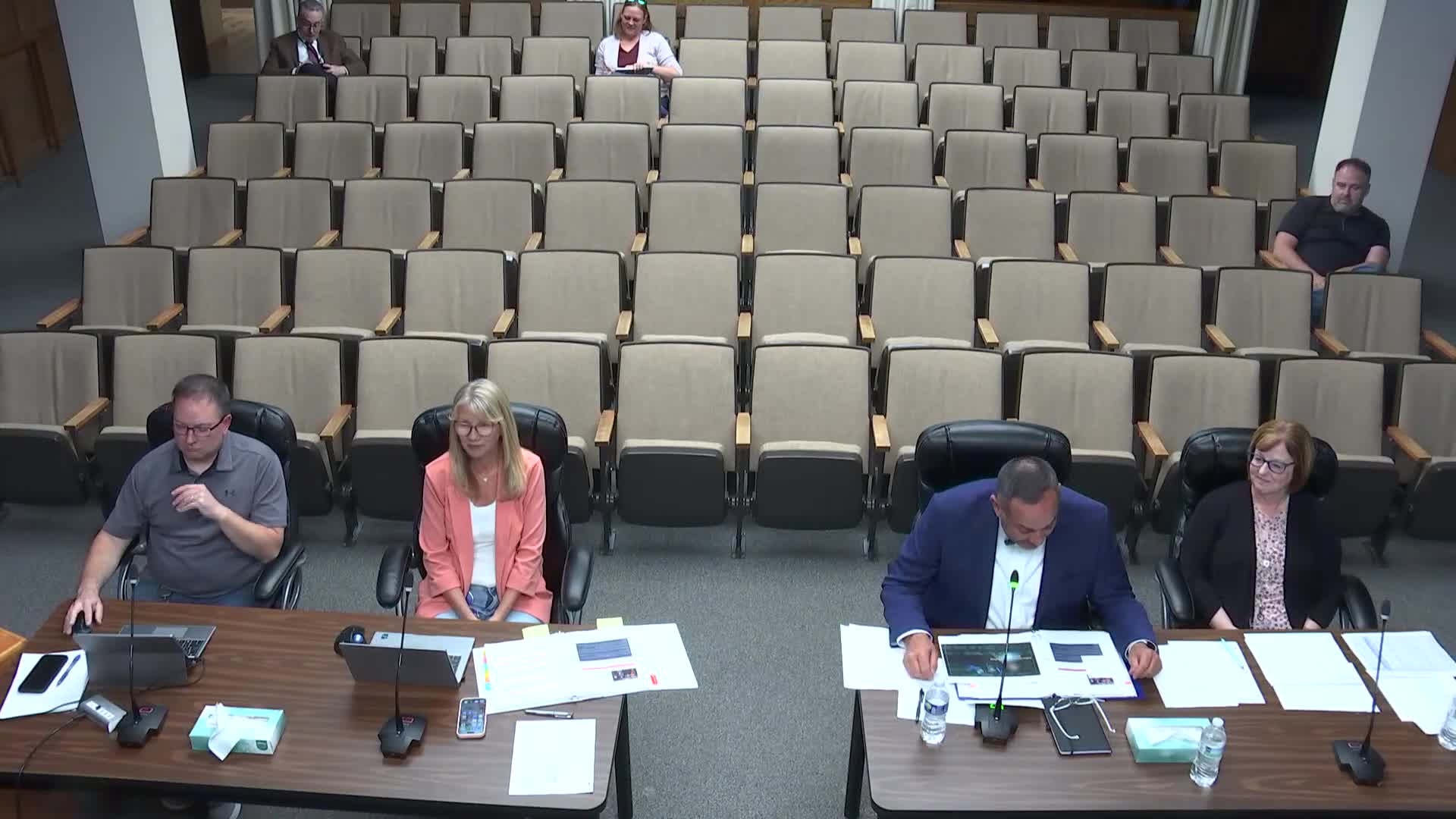
Cheyenne budgets RingCentral migration, cloud backups and multifactor authentication for IT
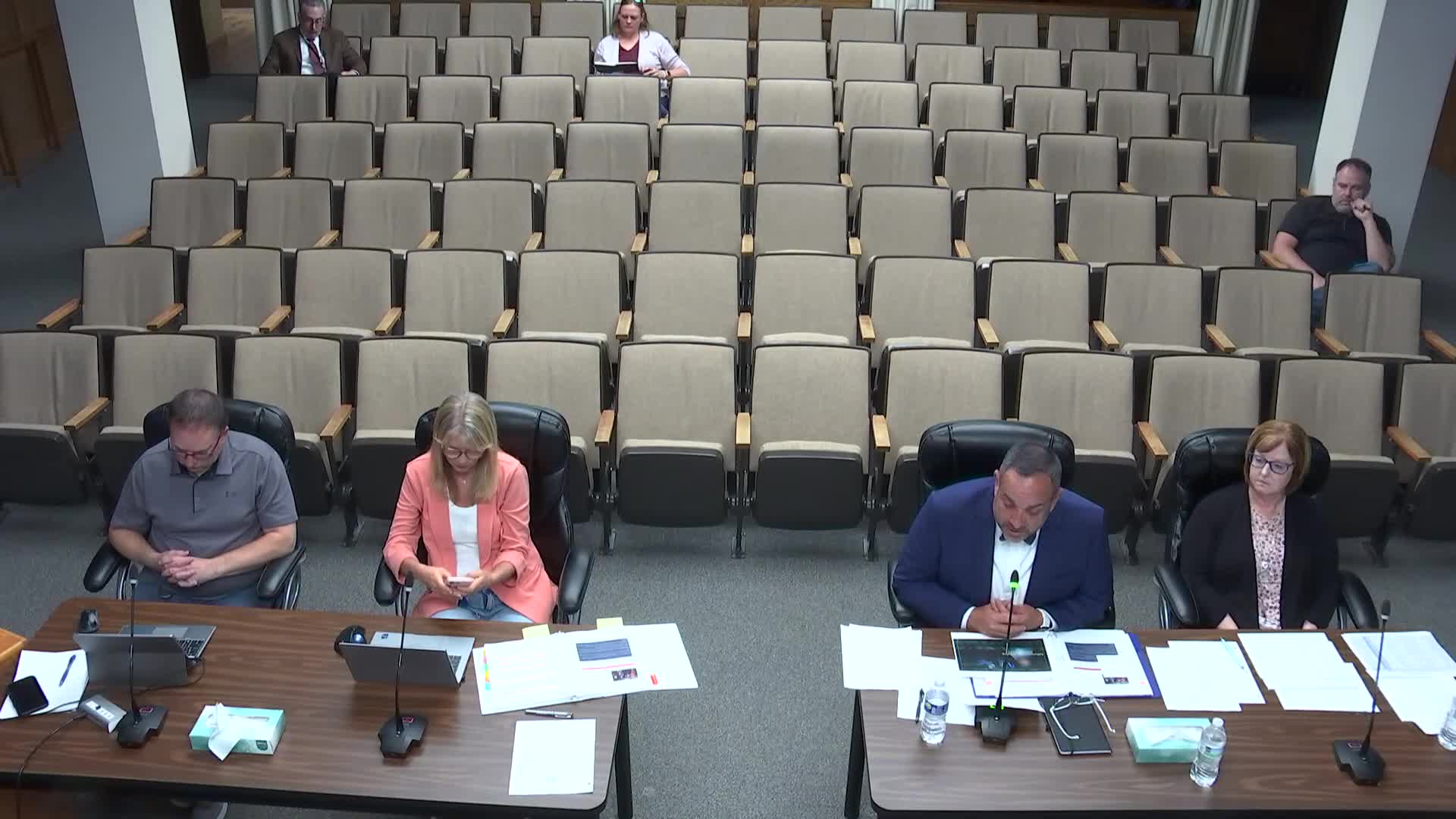
Cheyenne moves forward with demolition template after first blight win; about 10 problem properties remain
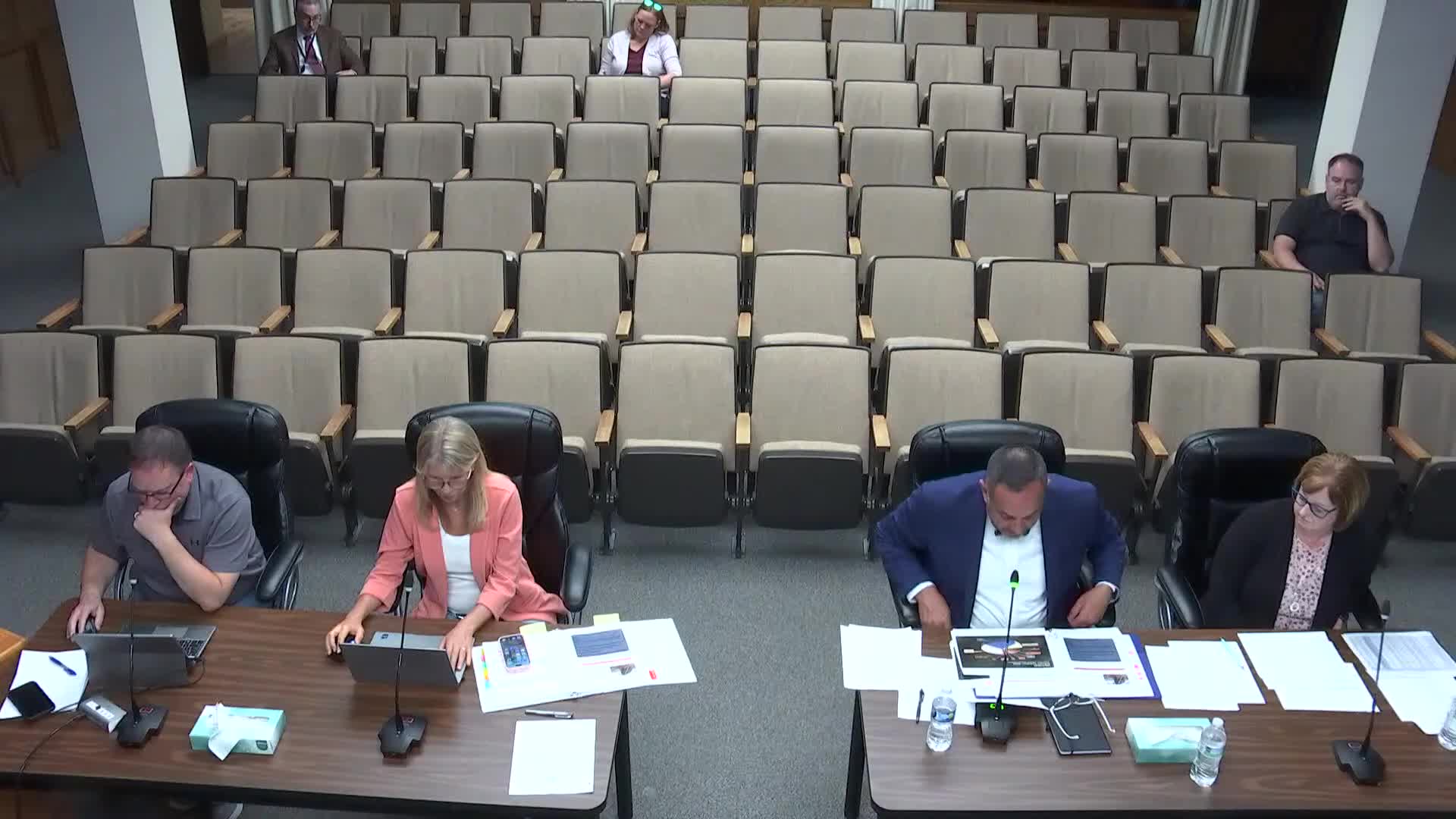
Cheyenne reports 3,625 nuisance cases; towing and billing costs rise
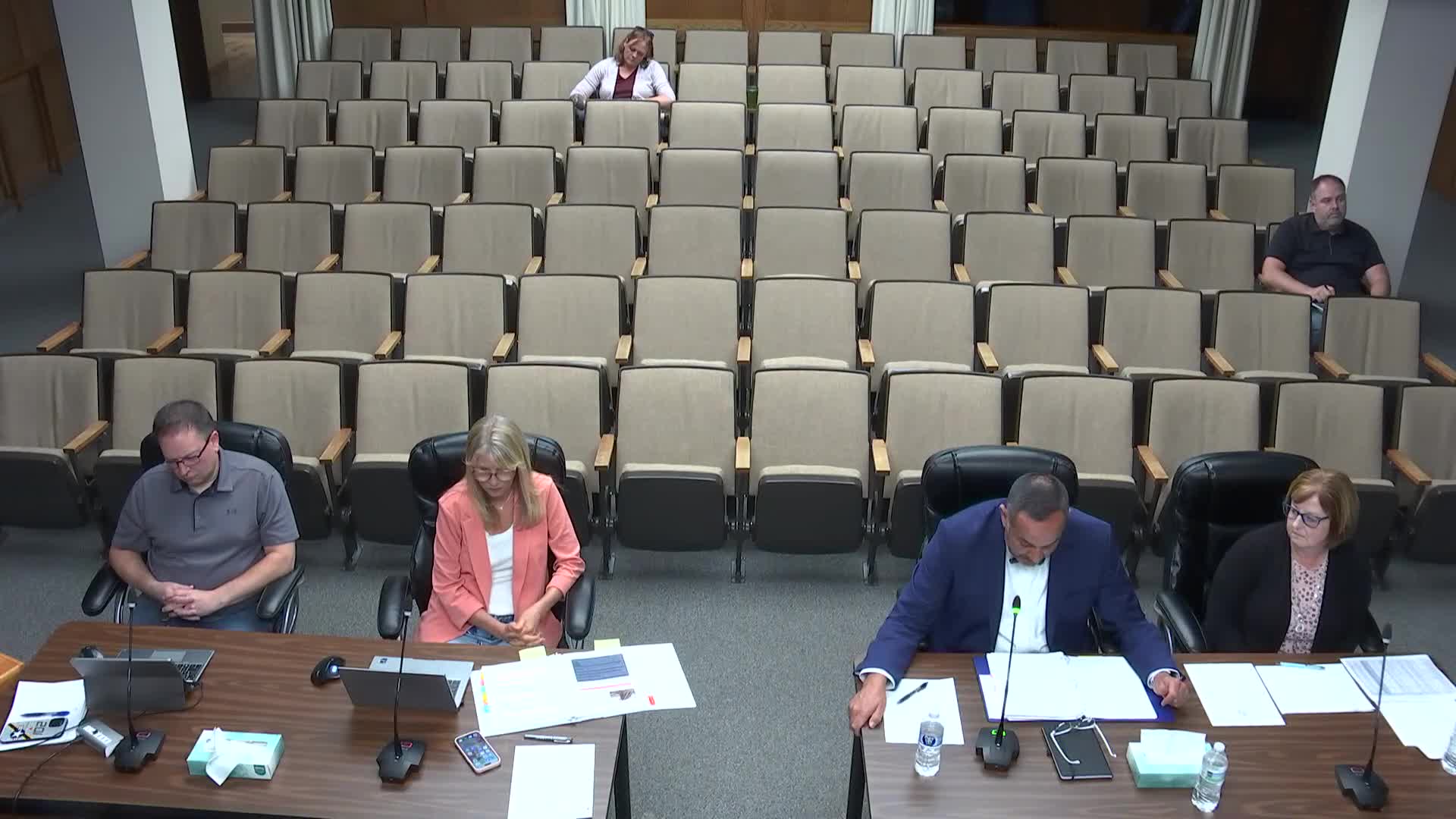
Cheyenne building department credits staffing, certification for large projects and steady permit revenue
